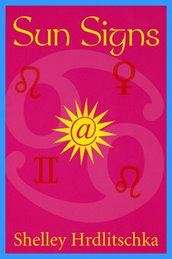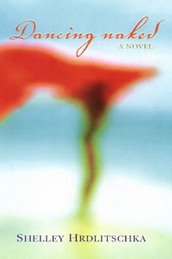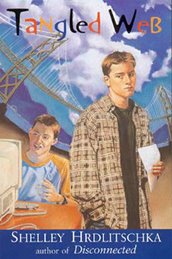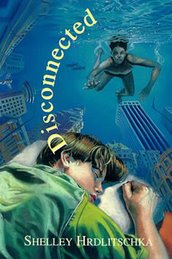
As a child I thought vegetarians were as odd as Hare Krishnas. My mother planned our evening meal around whatever meat she'd defrosted that morning. It was what I knew and what seemed 'normal' to me so when I grew up I began cooking the same way.
In the late eighties I joined an environmental group run by some truly interesting women. Our focus was to find ways to live 'greener' in our own homes and to educate our community on these issues. A few of the women in this group were vegetarian and at first I thought they were somewhat 'on the fringe' but they never pushed their views on the rest of us so I didn't think much about it. Then one evening one of them brought a video to our meeting. It was based on a popular book at the time (Diet for a New America) and it showed the negative environmental impact of raising beef for human consumption. At first I resisted even watching the video as I had no interest in becoming vegetarian, but I was there and had nothing else to do, so I watched it.
One powerful fact from the video stayed with me. I learned that if the grain and water that is fed to North American cattle could somehow be diverted to third world countries, no one on the planet would go to bed hungry at night. I thought long and hard about that. I knew that one person (me) giving up meat would have no impact on the big picture, nor would any hungry person suddenly have a meal but somehow giving up meat just seemed 'right'. I wanted to support the idea of a plant-based diet, and besides, I'd never liked thinking about where my pork chops and hamburgers came from in the first place, so why eat them?
That was 16 years ago. The only meat I have eaten since then is seafood, but I hope to give that up eventually too. I cook meat for my family but they also think it's 'normal' to have meatless meals. I don't push them to give up meat, but I do encourage them to think about where their meat comes from, and let them know why I choose free range, organic meat for their meals. It's better for the planet, the animals and them.
Footnote:
About 2,000 pounds of grain must be supplied to livestock in order to produce enough meat and other livestock products to support a person for a year, whereas 400 pounds of grain eaten directly will support a person for a year.
M.E. Ensminger, Ph.D. Internationally recognized animal agriculture specialist, former Department of Animal Science Chairman at Washington State University.










3 comments:
I do still eat meat, but I could easily live without it. I've always been a bit squeamish about handling meat for cooking: it's gross! And it's a bit too similar to human anatomy. Whereas eggs, cheese, nuts, vegetables and grains are all pleasant at every stage of the preparation and cooking as well as eating. (Well, so long as I don't think too much about the eggs.)
We eat meatless meals a lot, so going vegetarian wouldn't be a big step. In fact, our Thanksgiving dinner was all vegetarian. And I didn't miss the turkey at all.
... Anmaru
Shelley you must have been a fairly new vegetarian when I first met you. We just don't eat meat like we used to. The kids in this house could do without it. Vegan would be out of the question though. We love our cheese. I know more vegetarians than ever before. Bryan watched a program requesting people abstain from meat at least one or two days a week as an environmental plea! For sure there is a greater consciousness! Thanks for reminding us!
Hugs Sherrie
[url=http://aluejxfttk.com]EUKJPUtzACaz[/url] , FUxadUEgAK - http://iluubcb.com
Post a Comment